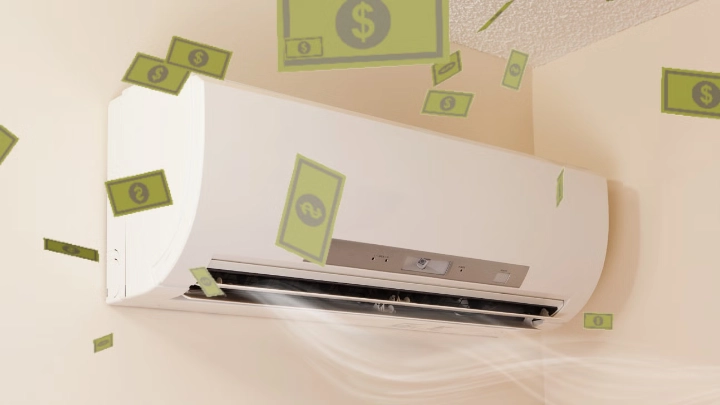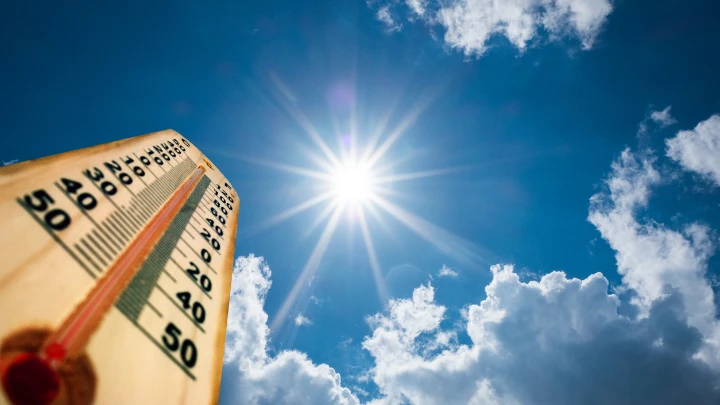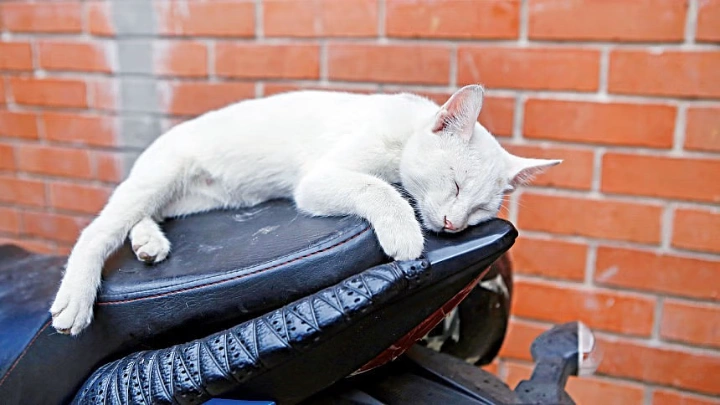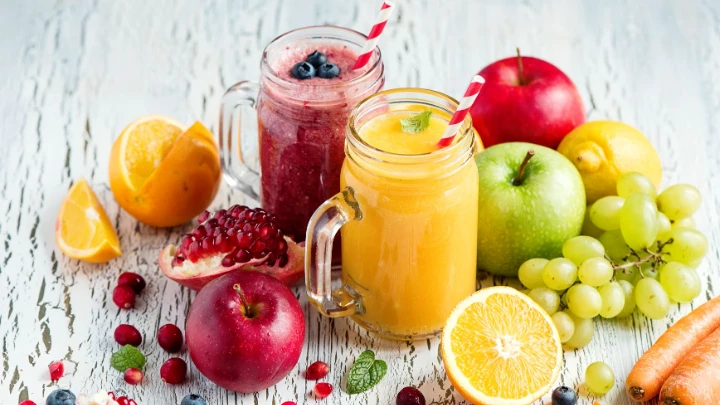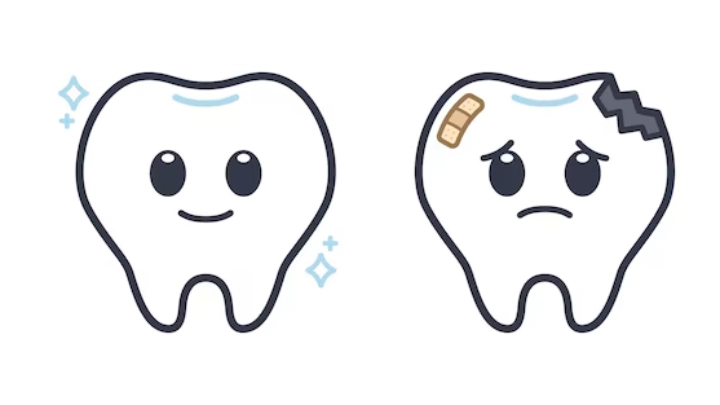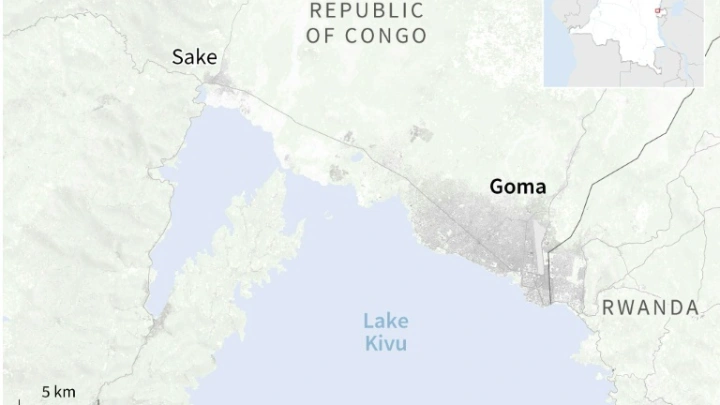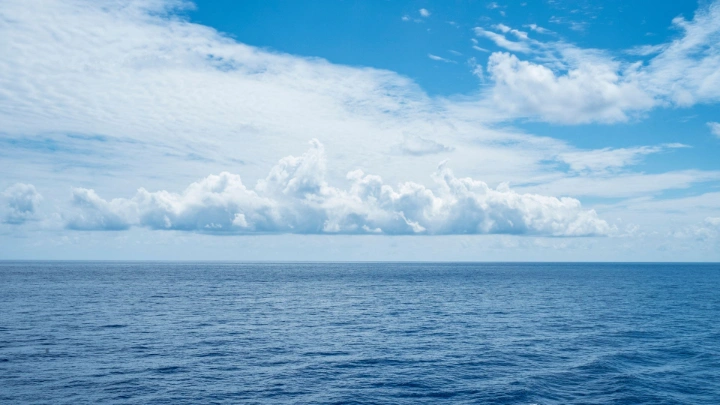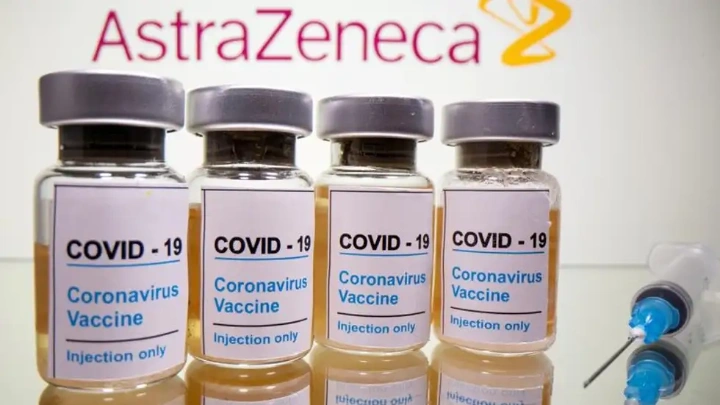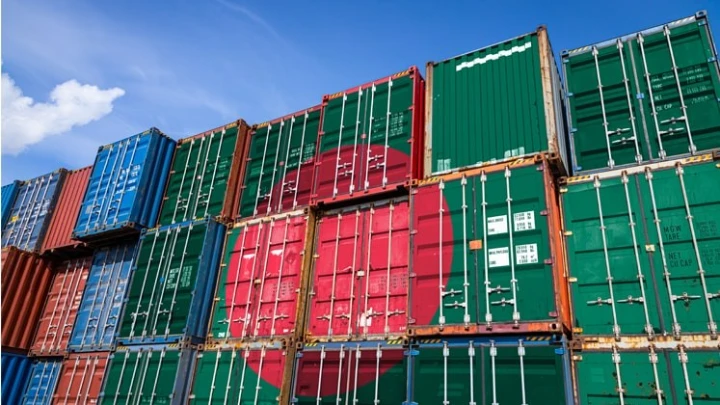Did you know there’s caffeine in other items that are not coffee or tea?
Brian Burroughs/Mayo Clinic News Network/Tribune News Service || Shining BD
You probably know that tea and coffee contain caffeine, but did you know that it can also be found in other drinks, food and some medications?
When it comes to caffeine consumption, you’re not alone if you depend on it to help you concentrate or be alert.
Studies have shown that about 90% of American adults consume a form of caffeine every day.
Caffeine content in beverages widely varies.
Even if you reach for different types of beverages throughout the day, you may be drinking more caffeine than you realise.
With a cup of coffee or tea with breakfast, a soft drink in the afternoon and a piece of chocolate after supper, caffeine may be a significant part of your daily diet.
Some of the most common sources of caffeine are:
- Chocolate
- Coffee
- Medication
- Soft drinks
- Tea.
Caffeine can also hide under some names that are less recognisable.
Energy drinks have additives that contain caffeine to enhance the effects of the drink.
Knowing about these additives can help you avoid consuming more caffeine than you intend to, so be sure to check labels before you buy.
Some common additives that contain caffeine include:
- Cartinine
- Choline
- Ginseng
- Glucuronolactone
- Guarana
- Inosol
- Kola nut
- Malic acid
- Maltodextrin
- Niacin
- Pantothenic acid
- Taurine
- Theanine
- Tyrosine
- Yerba mate.
Caffeine in powder or liquid form can be particularly dangerous.
The US Food and Drug Administration (FDA) has warned that high levels of caffeine can cause serious health problems.
One teaspoon of powdered caffeine is the same as drinking 28 cups of coffee, which is significantly more than the recommended level.
Too much caffeine can cause side effects such as:
- Fast heartbeat
- Headaches
- High blood pressure
- Insomnia
- Muscle tremors.
For most adults however, consuming up to 400 milligrammes of caffeine daily does not have adverse side effects.
Depending on the type of beverage, that can be roughly four cups of brewed coffee, 10 cans of cola or two energy shot drinks.
Adolescents and young adults on the other hand, must be cautious when drinking caffeine, and children should avoid it altogether.
People who are sensitive to caffeine’s effects or take certain medications should avoid consuming too much caffeine.
People who are pregnant, want to become pregnant or are breastfeeding should talk with their healthcare team about caffeine consumption.
If caffeine becomes more of a hindrance than a help, you may want to consider cutting back.
This can be challenging because an abrupt decrease can cause withdrawal symptoms like headaches, fatigue and difficulty focusing.
To lessen caffeine withdrawal symptoms, try these tips:
- Be aware of and track how much caffeine you consume throughout the day.
- Cut back gradually so your body gets used to lower levels of caffeine.
- Check products you use for caffeine, such as over-the-counter pain relievers.
- Shorten the brew time of tea to cut down on the caffeine content, or choose an herbal tea that doesn’t have caffeine.
- Switch to decaffeinated beverages, which have a similar taste, but much less caffeine than their full-strength counterparts.
Shining BD


